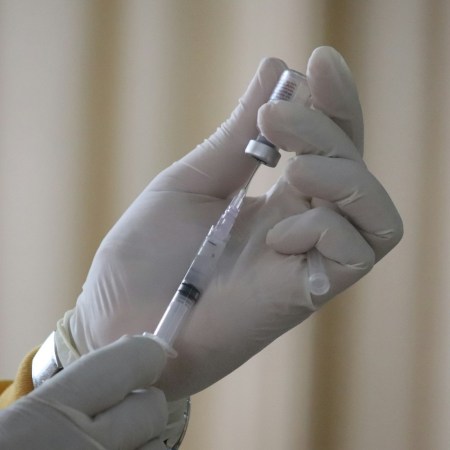Over the past quarter century nine patients have been diagnosed with leprosy by Mayo Clinic researchers. It turns out the disease wasn’t left behind in the Middle Ages.
Leprosy, while rare, should still be considered when a patient is being diagnosed according to a new study, CNN reports.
Dr. Spencer A. Bezalel, author of the findings, says that leprosy is “not a disease that the average person in the United States has to worry about,” but if you’ve traveled to an area of the world where the disease is common and you’ve developed a rash, seek medical attention.
The World Health Organization maintains a list of places where, in the past five years, 1,000 new cases of leprosy, also known as Hansen’s disease, have been reported. Some of those locations include India, Brazil, the Philippines, and Ethiopia.
About 150-250 cases of leprosy are reported annually in the U.S., a small portion of the 200,000 cases diagnosed globally each year.
Because leprosy is so rare in the U.S., it could go overlooked by doctors. “The physician in India who is familiar with leprosy would see a patch and quickly do a test for a loss of sensation,” Dr. Abinash Virk, the study’s co-author, explains. “Here, you wouldn’t even test for loss of sensation, because it’s not that common to see.”
To become infected, a person would need to be in contact with an infected individual for an extended period of time, or handle infected armadillos that can transmit the infection. However, according to the CDC, 95% of people have a natural immunity to the disease.
Virk assures there’s no cause for alarm because the disease is so rare. “It’s not something that we have to panic about,” he said, “but our providers and colleagues need to think if they see something that’s a little unusual and it’s not getting better, with what they do initially.”
Thanks for reading InsideHook. Sign up for our daily newsletter and be in the know.

















